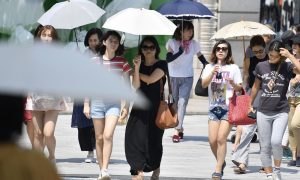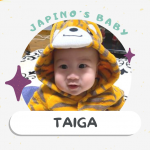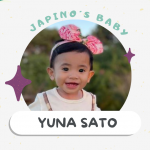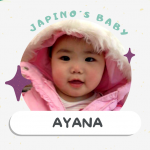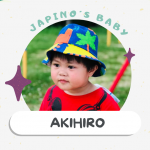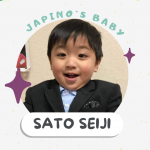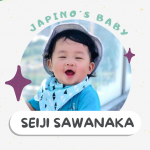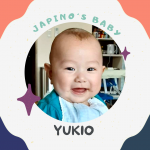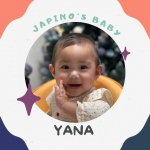Japan Set to Expand State of Emergency to 8 More Prefectures as Delta Variant Spreads
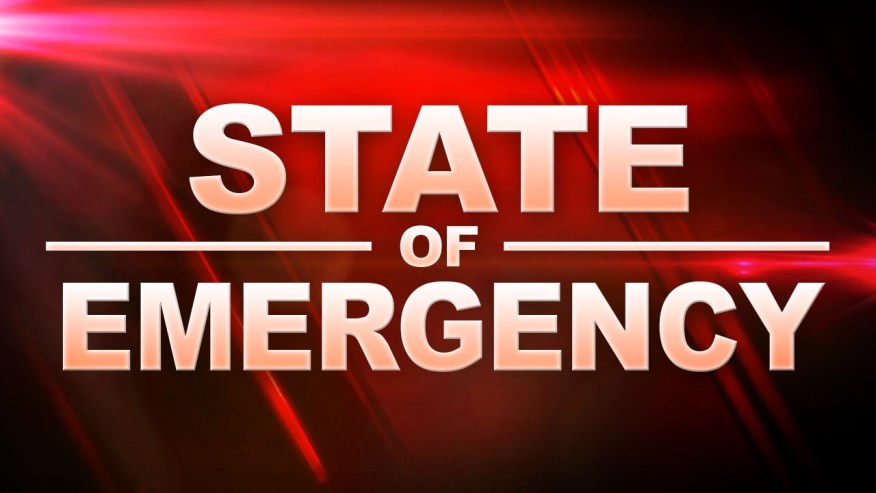
The Japanese government is set to decide Wednesday to bring eight more prefectures under its COVID-19 state of emergency as the country grapples with its largest wave of infections.
Hokkaido, Miyagi, Gifu, Aichi, Mie, Shiga, Okayama and Hiroshima will come under the measure from Friday until Sept 12, joining 13 other prefectures, including Tokyo and Osaka, as approved by a panel of experts in infectious diseases and other fields.
Prime Minister Yoshihide Suga is expected to formalize the decision at a task force meeting later in the day, followed by a press conference to explain his decision.
Yasutoshi Nishimura, minister in charge of Japan’s coronavirus response, said at the experts’ meeting that medical care in the targeted areas is “in a very severe situation.”
Under the state of emergency, restaurants are asked not to serve alcohol or offer karaoke and instructed to close by 8 p.m. Major commercial facilities, including department stores and shopping malls, are requested to limit the number of customers allowed in at the same time.
Suga has also called on foot traffic in crowded areas to be cut by half and for firms to have employees work from home and cut commuters by 70 percent.
The decision to expand the measure comes a day after Tokyo began hosting the Paralympics, which like the Olympics are being held almost entirely without spectators to lower the risk of infections spreading.
The government will also expand the quasi-state of emergency covering 16 prefectures to another four — Kochi, Saga, Nagasaki and Miyazaki — allowing governors to place restrictions on specific areas rather than entire prefectures.
The capital reported 4,220 new COVID-19 cases on Tuesday, while the nationwide figure stood at 21,569, about three times the peak of the previous wave in April and May.
Hospitals are struggling to deal with the surge in patients in severe condition, with a shortage of beds forcing many with milder symptoms to cope at home.
The country’s vaccination drive has fallen behind other developed nations, as about 40 percent of the population received two doses of a COVID-19 vaccine.
Chief Cabinet Secretary Katsunobu Kato said the government is considering a plan to use some reserve funds for fiscal 2021 set aside for coronavirus countermeasures to secure additional vaccines.
He also suggested the government needs to collect data and study the practice of mixing and matching different vaccine products, saying some overseas data show it is effective in boosting immunity, though the government will not actively recommend such a practice in the current situation.
Public support for Suga has plunged amid dissatisfaction with the government’s pandemic response in the lead-up to the leadership race of the ruling Liberal Democratic Party and a general election to be held in the coming months.
The approval rating for Suga’s cabinet fell to 31.8 percent in a recent Kyodo News poll, the lowest since he took office last September.




